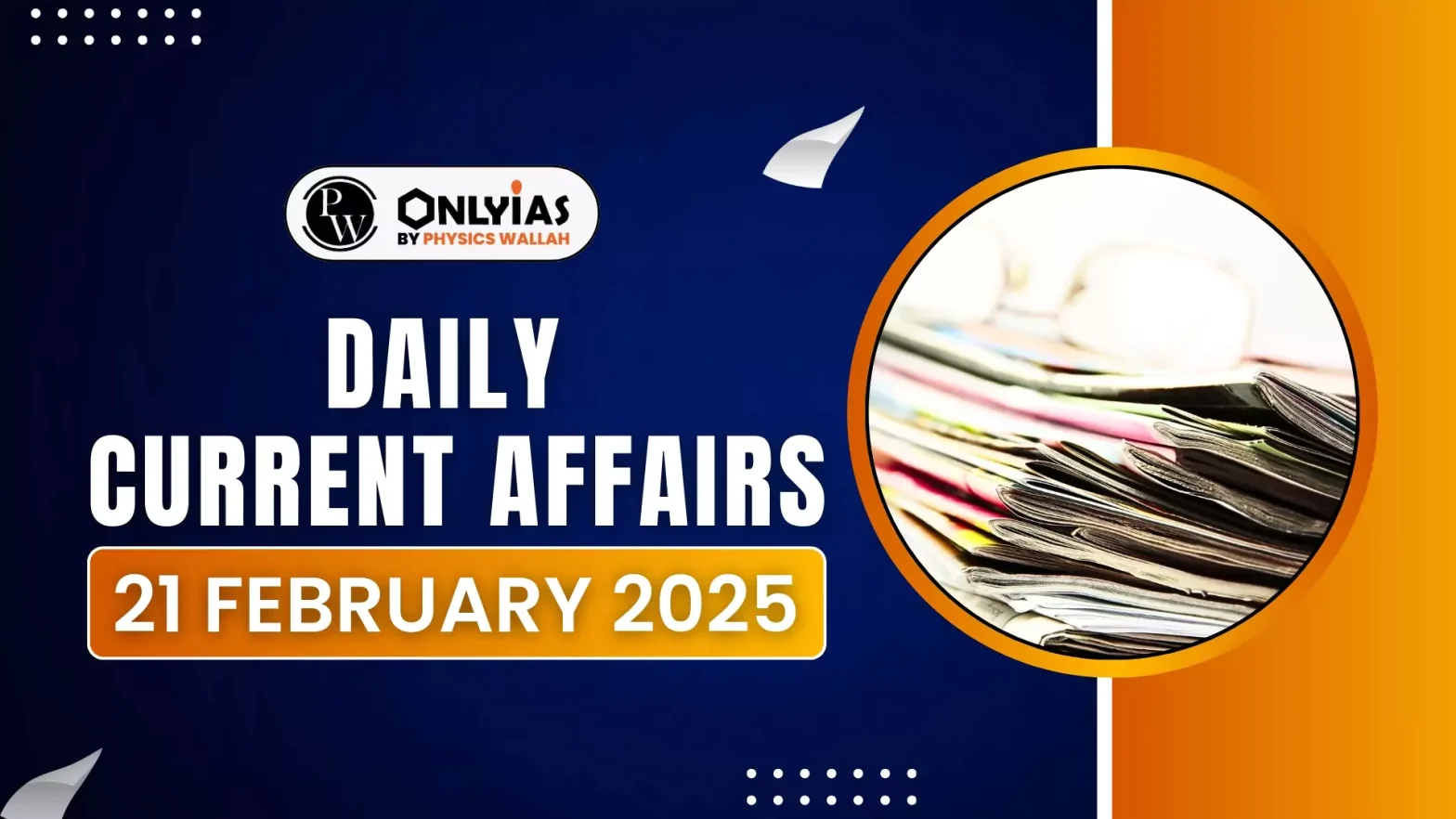![]() 21 Feb 2025
21 Feb 2025
English
हिन्दी

Recently, the Supreme Court stayed the Lokpal’s January 27 order which held it had the power to look into complaints against sitting judges of High Courts.
Lokpal and Lokayuktas (Amendment) Act, 2016:
|
|---|
<div class="new-fform">
</div>